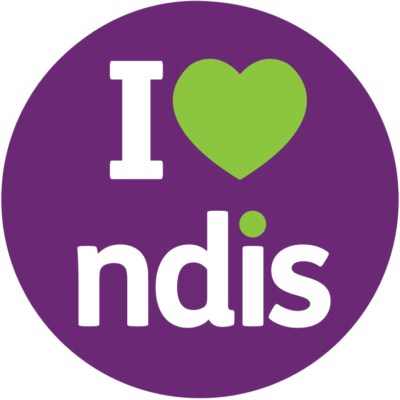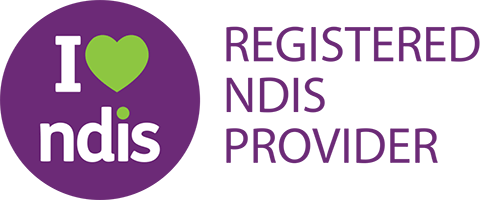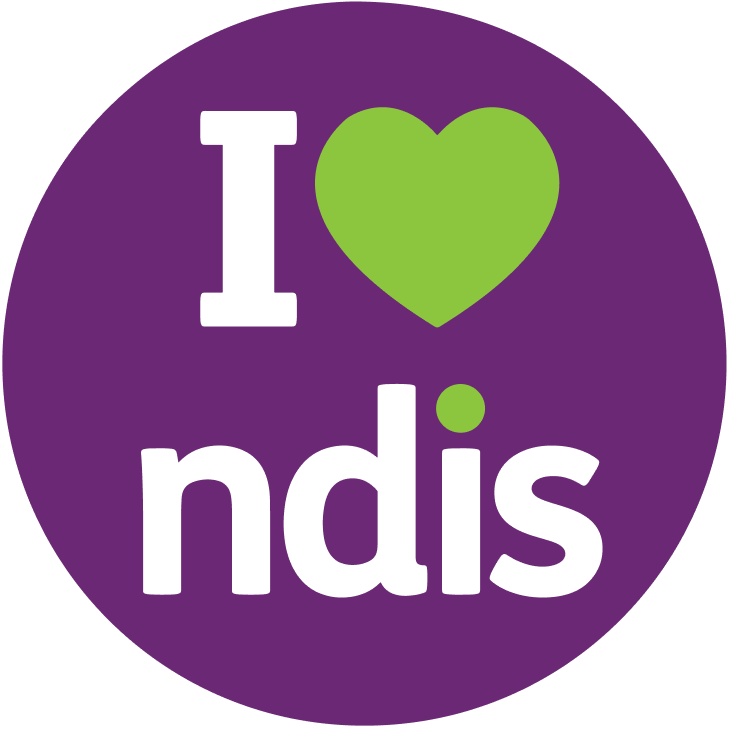Learning Guides

Challenging Behaviour Toolkit
Challenging behaviours often co-occur at high rates among those with disabilities, such as autism spectrum disorder, intellectual disability and other [...]
Learning Guide
Neurodiversity
What is Neurodiversity? Neurodiversity is not a new concept, with the term first being used in the 1990s by sociologist [...]
Learning Guide
How to be a good multidisciplinary clinician
There is no such thing as a typical multidisciplinary team! As a result, there is no magic formula when it [...]
Learning Guide
Roles in care teams
Title Role Funding Category Support Coordinator (SC) A support coordinator will work with you to ensure a mix of [...]
Learning Guide
How to work with non-speaking children
What does it mean to be “Non-speaking”? A non-speaking client is someone who does not communicate with their physiological speech [...]
Learning Guide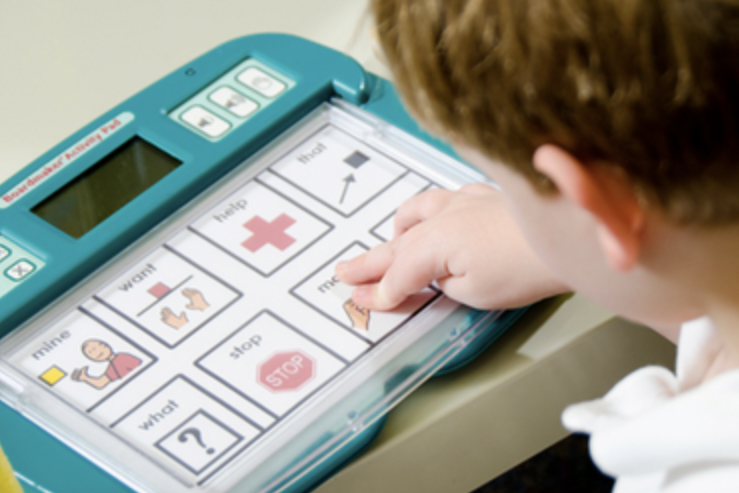
AAC Terminology
AAC Augmentative and Alternative Communication - these are either tools, technology or strategies that support communication for people who [...]
Learning Guide
How to collaborate with Allied Health Professionals
How can allied health assistants effectively collaborate with and support allied health professionals. What are the best practices for teamwork? [...]
Learning Guide
AHA Self-Care and Burnout Prevention
Why is self-care important? Working within the allied health industry can be very fulfilling and rewarding, especially when you are [...]
Learning Guide
How to build rapport
Rapport building: How to Guide Having rapport, connection and trust with not only your client, but the family and any [...]
Learning Guide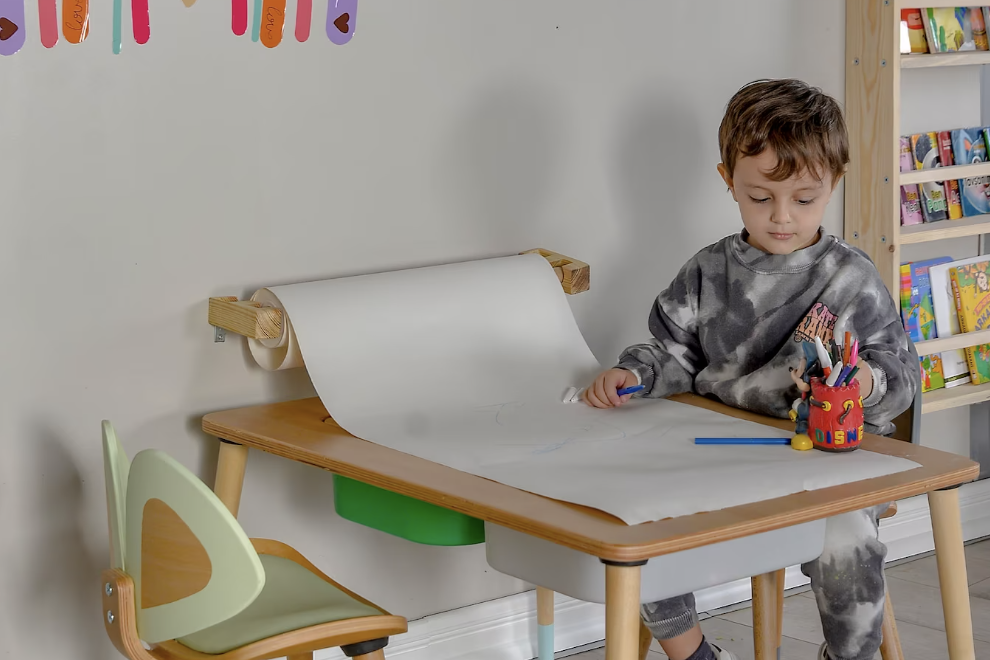
Tips for working with children
Introduction This guide will look at key areas that will support you in working with children and give you practical [...]
Learning Guide
